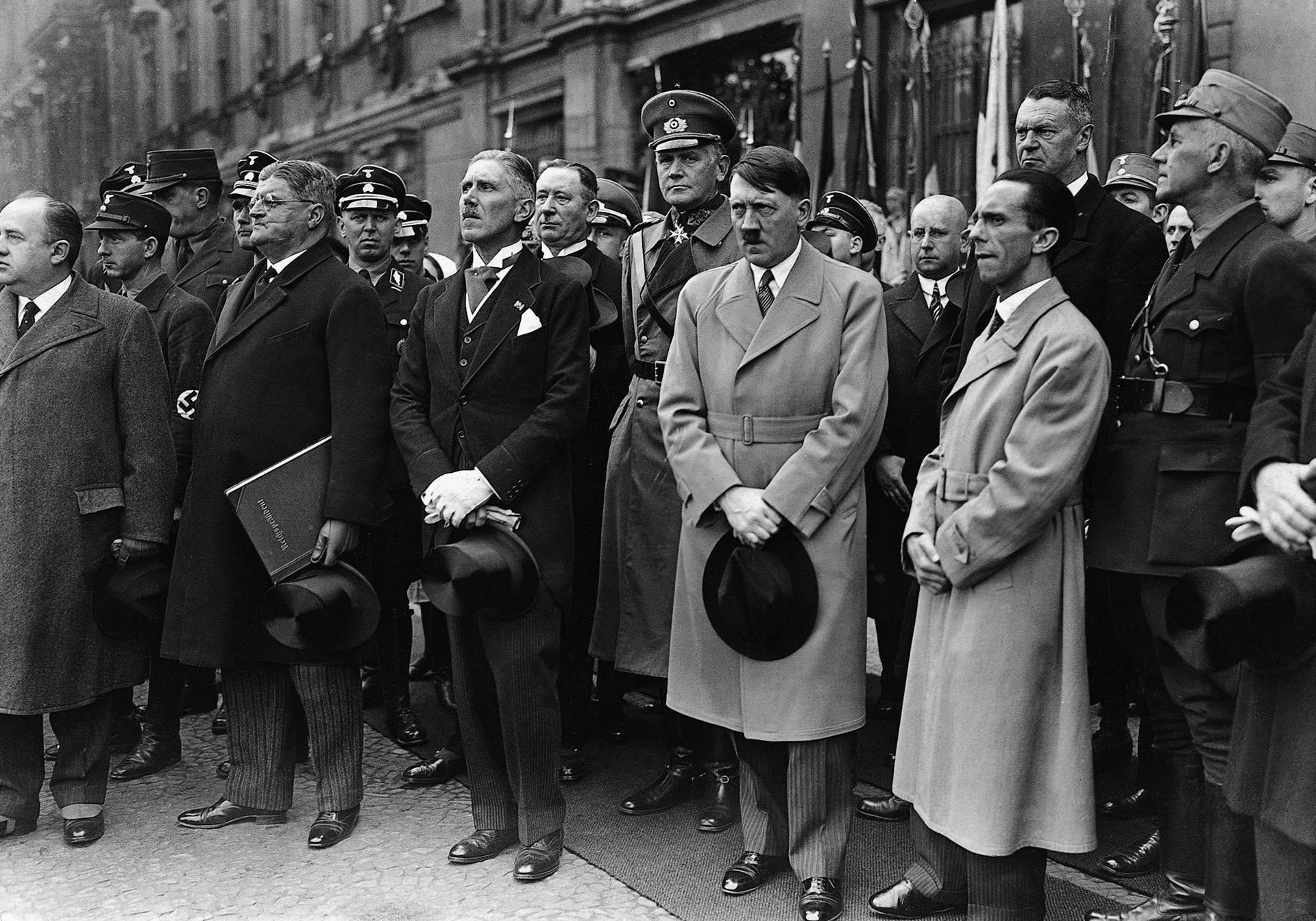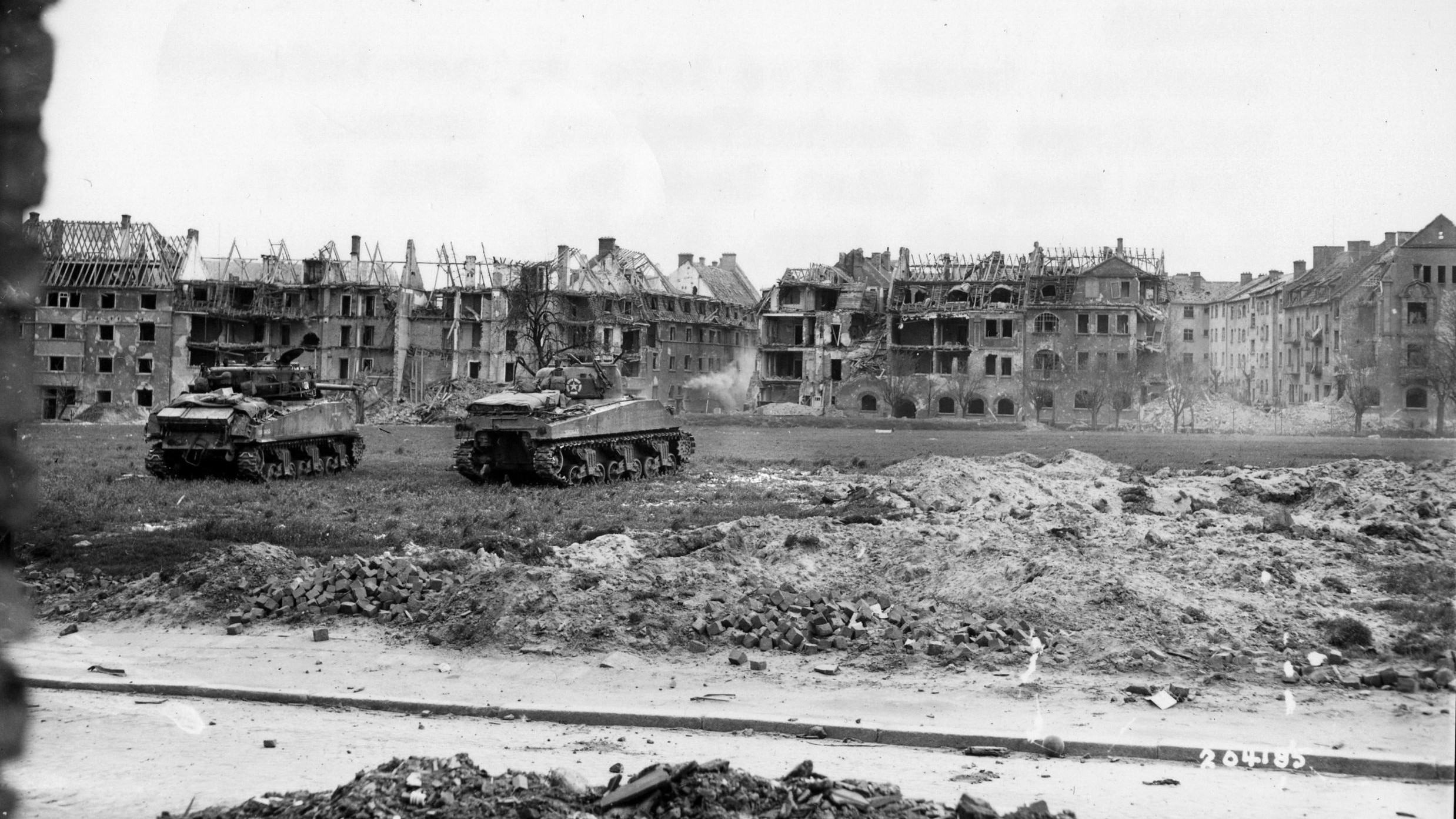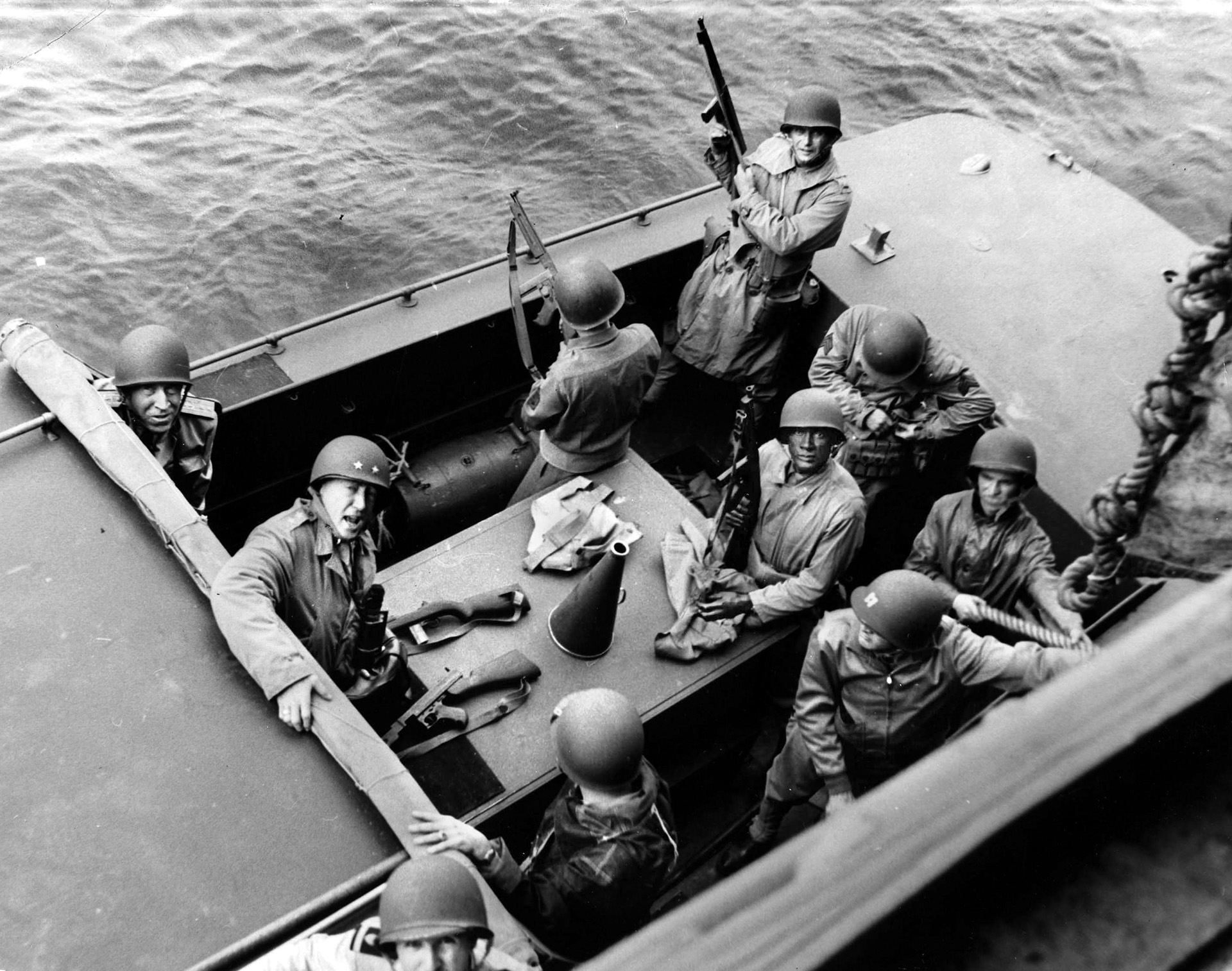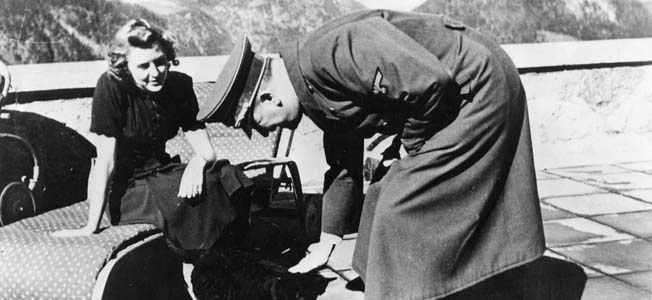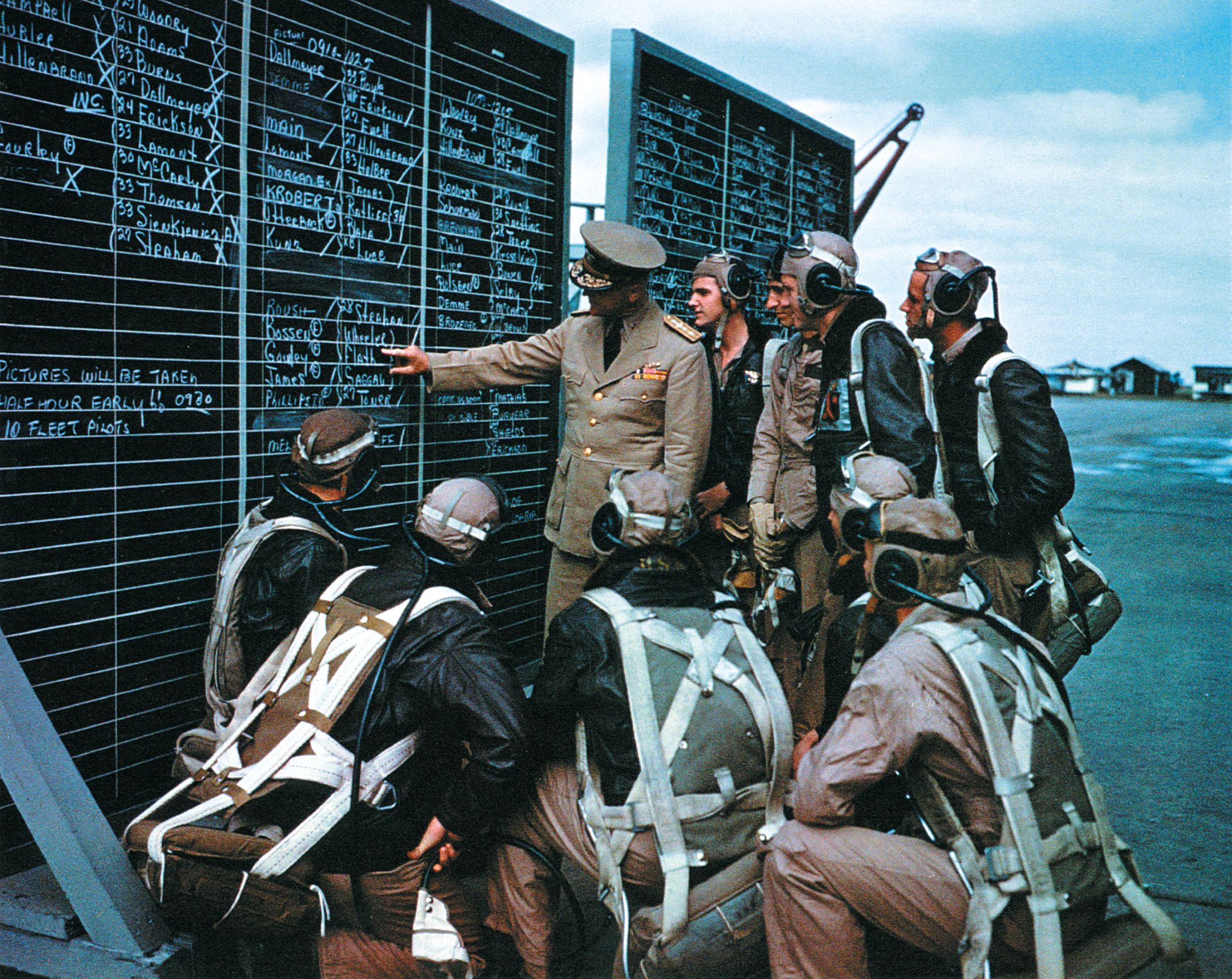By Tim Miller
After the long journey from Germany to Istanbul, their escape to North Africa and finally to England, the two defectors ended up in an apartment in South Kensington, one of the more wealthy neighborhoods of London. The old woman who lived there was named Dora, and the husband and wife had only come to her apartment because Dora’s son was a member of MI-6, a division of British intelligence.
So as to keep German intelligence guessing, their flight from Turkey had been staged as a kidnapping; a month later, in February 1944, their defection was announced for what it was. As the Associated Press reported, “The 24-year old attaché and his wife declared that they had deserted the Germans because they were disgusted with Nazi brutality. He is said to possess detailed information of the greatest value…. [He] reached Allied controlled territory despite every effort by Germans in Turkey to apprehend him. Ambassador Franz von Papen interrupted a vacation in the Bursa mountains to go to Istanbul to direct an investigation into his disappearance.”
What the AP did not mention was that Ambassador von Papen was the cousin of the attaché’s wife and that it was just such family connections that had made their defection possible. At the same time, while the arrival in England of Erich Vermehren and his wife, the Countess Elisabeth von Plettenburg, did secure their own safety and did provide British intelligence with mountains of information, ultimately the lives of those they had left behind in Germany were betrayed when they thought their journey from danger was at an end.
Following Erich’s conversion to Catholicism in 1939, the Vermehrens had married in 1941.eErich came from an old German family from Lubeck, whose trading connections with the Hanseatic League allowed for at least some admiration of the British. Along with other deeply religious Germans—Erich’s sister Isa had also converted, and become a nun, spending much of the war at the Ravensbrück concentration camp—the Vermehrens saw the Nazis as no better than pagans and the Russians as godless communists. One of the earliest hands they took in the underground was distributing Pope Pius XI’s anti-Nazi encyclical Mit Brennender Sorge (On the Church and the German Reich). When the outcome of World War II merely became a matter of waiting for Germany’s collapse, the Vermehrens and their friends wanted to make sure that a democratic and Christian elite survived the war to rebuild Germany afterward.
One way to do this was to shore up influence at home; the other was to seek help from the Allies. As early as the spring of 1943, Erich, then in Lisbon with his mother, made his first overtures to British intelligence. While the Vermehrens and their circle were already well-known anti-Nazis, Elisabeth was still in Germany and at the time they had little but their zeal to offer the British. The encounter was filed away by Kim Philby, a member of MI-6’s Section V, which covered the Iberian Peninsula, but no action was taken.
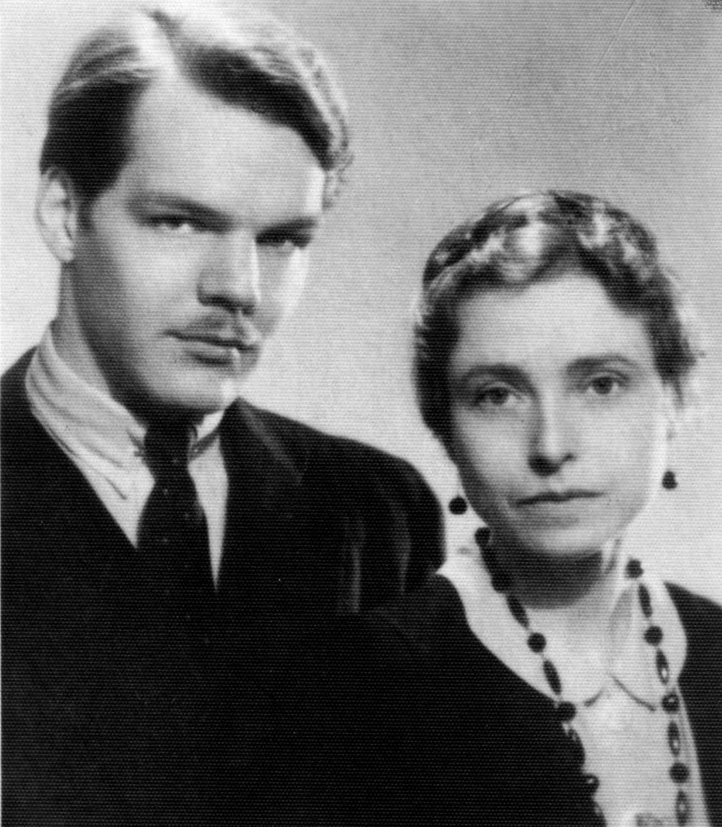
By the end of the year, Erich’s cousin, Adam von Trott zu Solz, who worked in the German foreign office and who also wanted to see Hitler overthrown, was able to secure Erich a position in German intelligence, the Abwehr. After the briefest training, he was sent to Istanbul to act as personal assistant to a colleague of his father. That Erich received this appointment at all seems surprising; as late as 1939 Hitler himself had personally prevented Erich from accepting a Rhodes Scholarship to Oxford because of his refusal to join the Hitler Youth. Yet as his later obituary states, Erich’s appointment was just as well the result of “the cousinhood of good German families [which] then, as now, [are] dominant in the country’s foreign service.” If there was any suspicion thrown Erich’s way, the usual deterrent deployed against diplomats serving outside the country was obvious. Elisabeth could not join him there and had to stay in Berlin, essentially a hostage.
Yet, the couple was not to be deterred, and the Istanbul station of the Abwehr was an ideal setting for their plans. Especially by late 1943, German intelligence was rife with men who had little sympathy for the Nazis, and this began with Abwehr’s chief, Admiral Wilhelm Canaris. A veteran of German intelligence from World War I, Canaris was an eccentric character who placed little value either on appearances or military decorations. He left his in a desk drawer. Appointed chief of military intelligence in 1935, Canaris had initially been sympathetic to Hitler’s criticism of the Versailles Treaty and in seeing communism as an existential threat, but as the Fuhrer’s brutality showed itself, and as the Abwehr came into constant conflict with the SS, Canaris became only one of a wide net of German military men intent on doing away with the Führer. While in Lisbon earlier that year, he had unsuccessfully tried to defect to the British, just as Erich had. By the time Erich arrived in Turkey, Canaris’s Abwehr in Istanbul was as much a hiding place for anti-Nazi Germans and Jews as it was a mediocre intelligence gathering operation.
Erich almost immediately sought contact with British intelligence. Only now, with his previous approach in Lisbon on record, his second attempt succeeded, and on December 27, 1943, Nicholas Elliott, MI-6’s representative in Istanbul, met Erich and smiled, making reference to his Rhodes Scholarship: “Why, I believe you were coming up to Oxford.” For his part, Erich was immediately reassured: “I had a tremendous sense of relief. I felt almost as if my feet rested already on English soil.” It was not quite as easy as that, however. Youthful and patriotic as he was, when the possibility of his ideals now began turning toward action Erich got cold feet. Was he about to betray Germany? And what about Elisabeth? Elliott had also described Erich in a report as “highly strung, cultivated, self-confident, extremely clever, logical-minded.” But it was his piety which finally clinched the deal. God wanted a Christian Germany, and this could only come about if Hitler was defeated.
Thankfully, Erich’s cousin had also found a position in Istanbul for Elisabeth, in the office of her cousin and German ambassador Franz von Papen, and when the couple reunited in Berlin they began to plan for their defection. If they thought Elisabeth’s new job would get her all the way to Istanbul without any trouble, however, they were mistaken. A Gestapo officer was their neighbor on the train journey, and he had her arrested at the border with Bulgaria. But once again, family connections saved the day. Erich’s cousin von Trott, as well as a sympathetic member of the local Abwehr, snuck Elisabeth onto a diplomatic courier plane to Istanbul. Once there, Erich’s boss at the Abwehr, Paul Leverkühn, became suspicious himself at how Elisabeth had been able to travel to Istanbul, but this somehow did not keep him from giving his new employee access to whatever files he wanted. Erich moved quickly, delivering paperwork on a nightly basis that Nicholas Elliott would then photograph, and which Erich returned in the morning.
As judged by the later German response, the amount of information Erich passed on to the British was staggering, although it was mostly isolated to the Abwehr’s actions in Turkey, the Middle East, and the Near East. Later exaggerations planted in the press by MI-6, to the effect that he had passed along the Abwehr’s code books, were untrue, but it did the job of infuriating Hitler. By late January 1944, one of Elliott’s informants in the Turkish police made it clear that they at least knew that the Vermehrens were working for the British, and so it was only a matter of time before Leverkühn and the Abwehr did as well, assuming they did not already.
On January 27, under the guise of attending a cocktail party at the Spanish Embassy, Erich and Elisabeth were “kidnapped” and quickly put aboard a ship bound for Izmir. By the next day they were in Cairo. A week later, having been shuffled to Algiers and Casablanca, they landed in Cornwall, and finally arrived in London. If the kidnapping ruse had been meant to stave off suspicion of their defection, and by turns to protect their families still living in Germany, it did not last for long. Members of Erich’s family were rounded up and sent to concentration camps, and investigations into the Istanbul Abwehr revealed other German agents working for the British and Americans. One report to Hitler concluded, “The entire work of the Abwehr station has been exposed and its continuation seems impracticable.” Indeed, as one member of MI-6 put it, the Vermehren defection led to destroying “the fundamental reasoning power of the German supreme command.”
As the Allies guessed he would, Hitler became so dissatisfied and suspicious of the Abwehr that he had the organization abolished entirely. While what was left of the Abwehr was reorganized under the SS and Gestapo, the enmity that had always existed between these groups caused many former Abwehr officers to resign, some even preferring assignments on the Eastern Front. Those who remained, in the words of Vermehren’s later obituary, turned what was left of German intelligence into a “viper’s nest” of infighting. This gaping hole in German intelligence allowed them to be that much more easily deceived as to the date and landing sites for the D-Day invasion of Normandy in 1944, known as Operation Overlord. As one newspaper correspondent wrote at the time, the “ignorant and inept” and “gauche thugs” that filled the ranks of the Gestapo could not possibly replace even a highly flawed operation as the Abwehr had been.
Meanwhile, back in the apartment in South Kensington, Erich and Elisabeth were telling their story, giving up the names of German officers, agents, and operations in the Middle East. But for the Vermehrens, the most vital information they could share with the British were entirely different names, those in the Catholic underground and anticommunist resistance who were lined up and ready to play a role in postwar Germany’s reconstruction as a true democratic and Christian nation. Their religious beliefs were central to everything the Vermehrens had done, but as one recent historian put it, while some defectors acted out of idealism or even a desire for adventure, the Verhmehrens’ motives were entirely religious, and their “piety made them quite irritating.” While they could not be compromised or manipulated, nor could they be approached or interacted with like other, merely ideological, defectors. They had God on their side, and in any other situation would likely have never sought the help of men who had in many ways created their own religion in the work of intelligence.
And, of course, they were right to be suspicious. The communist Soviet Union was, after all, an ally of the British, and it soon became apparent to the Russians that of the information gleaned from the Vermehrens, the British had only shared a small bite. MI-6 refused to hand over any of the names and addresses of the anticommunists or Catholics they had been given—but as British intelligence would not realize until years later, someone within their ranks passed that information along himself. While the context of the Vermehrens defection worked wonders in connection with the D-Day landing, it was terrible in the context of the Russian approach to Berlin.
Kim Philby, whose mother’s apartment had hosted the Vermehren debriefing, had been working for the Russians for almost a decade already. Philby had been recruited in the early 1930s, while still a student at Cambridge; in his own words he said, “I was given the assignment to infiltrate counterespionage however long it took.” While, like many young students, he did betray communist leanings at university, and while in 1934 he married a communist from Vienna so that she could escape to Britain, he later abandoned his wife as he took on the guise as an anticommunist, even a pro-fascist. Around 1939, and depending on the source (Philby claiming MI-6 came to him, and MI-6 the opposite), a combination of academic and personal and familial connections, as well as the old fashioned ways of the British class system, allowed Philby to enter the world of British intelligence as effortlessly as thousands of other well-placed young men in the interwar years.
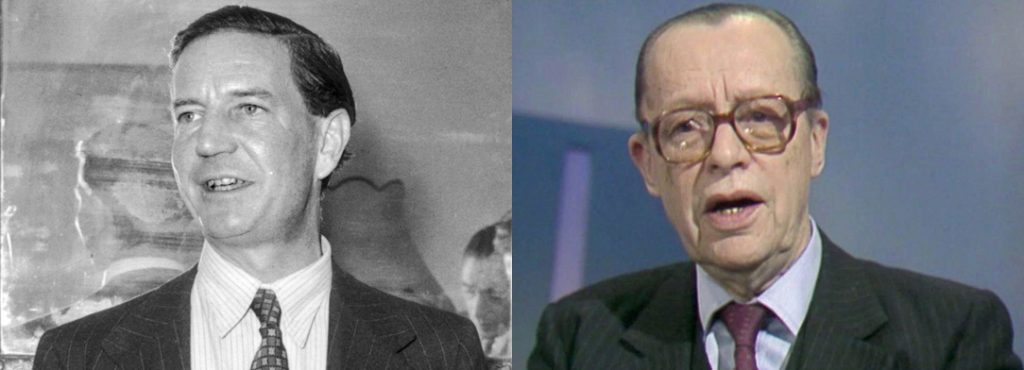
It just so happened that Philby was a traitor as well as being immensely more talented a spy than nearly all of them (many thought he would one day head MI-6). As a reflection of either just how good Philby was, or how much of an “old established racket” British intelligence was, around the same time as the Vermehren defections, Philby the Soviet spy was actually put in charge of Britain’s anti-Soviet operations and for years was able to deflect and reroute British and Russian intelligence as he saw fit.
Before then, however, he handed over the names of prominent Catholics and anticommunists which the Vermehrens had so prized. A year later, when Allied forces finally reached Berlin and began looking for the men and women on the list, they discovered they were all gone, dead or deported or disappeared. As Guy Liddell, member of MI-5, reflected in his diaries, for the Russians the Catholic church was “the most powerful international force in opposition to communism.” Indeed for Philby, a Christian Germany was still an enemy Germany. “One of the reasons I acted as I did,” he said, “was because the total defeat of Germany was almost a personal matter for me. I had strong feelings about the war.” And so, when he later admitted that he was “directly responsible for the deaths of a considerable number of Germans, thus doing my modest bit towards winning the war,” he obviously did not mean just Nazis.
In a sad irony, the same kind of links engendered by class and family which had allowed the Vermehrens to leave Germany and become so close to German intelligence circles in Istanbul were in a way the same forces which had allowed Kim Philby to arouse no suspicion and take his place within the machinery of British intelligence, and ultimately to betray the Vermehrens. Remarkably, the members of Erich’s family who had been arrested following his defection all survived internment, and both Erich and Elisabeth lived long lives after the war, residing in Britain, Switzerland, and France. Only as Elisabeth’s health declined did they return to Germany, living in Bonn, where she died in 1998, and Erich in 2005.
Pious but independent until the end, they reacted against the reforms of the Second Vatican Council and were prominent in the traditionalist Catholic circles. Kim Philby came under suspicion as a double agent in the late 1940s, but was still working for British intelligence in some capacity as late as 1963, when he was then living in Beirut. With proof of his treason finally undeniable, his old school friend, the same Nicholas Elliott who had helped usher the Vermehrens out of Istanbul, traveled to Beirut to tell him the game was up. Between a series of interviews in which Philby admitted as little as possible, he got away. Whether he was still that good—or whether MI-6 allowed him to escape to save the agency the embarrassment of a trial back in Britain—Philby was smuggled aboard a freighter bound for Odessa, and soon after was in Moscow, where he lived until his death in 1988.
The way in which the Vermehren’s Catholic friends ended their lives can hardly be imagined; and while it is hard to say which is more brutal, the sadism of the victorious Russians or the defeated Germans, their fate may well have been similar to that of Wilhelm Canaris, the Abwehr chief who had hoped to bring down Hitler. As it happened, after the Vermehrens defected and the Abwehr was disbanded, he was forced into “retirement.” However, in the aftermath of the July 20, 1944, plot to kill Hitler, although he was not believed to be one of the conspirators, Canaris was rounded up with many others for whom old suspicions could now be acted upon and old scores settled. For the next nine months he was interrogated and tortured by the SS. By early April, 1945, as Germany’s downfall even became apparent to those in Hitler’s bunker, orders came to execute him.
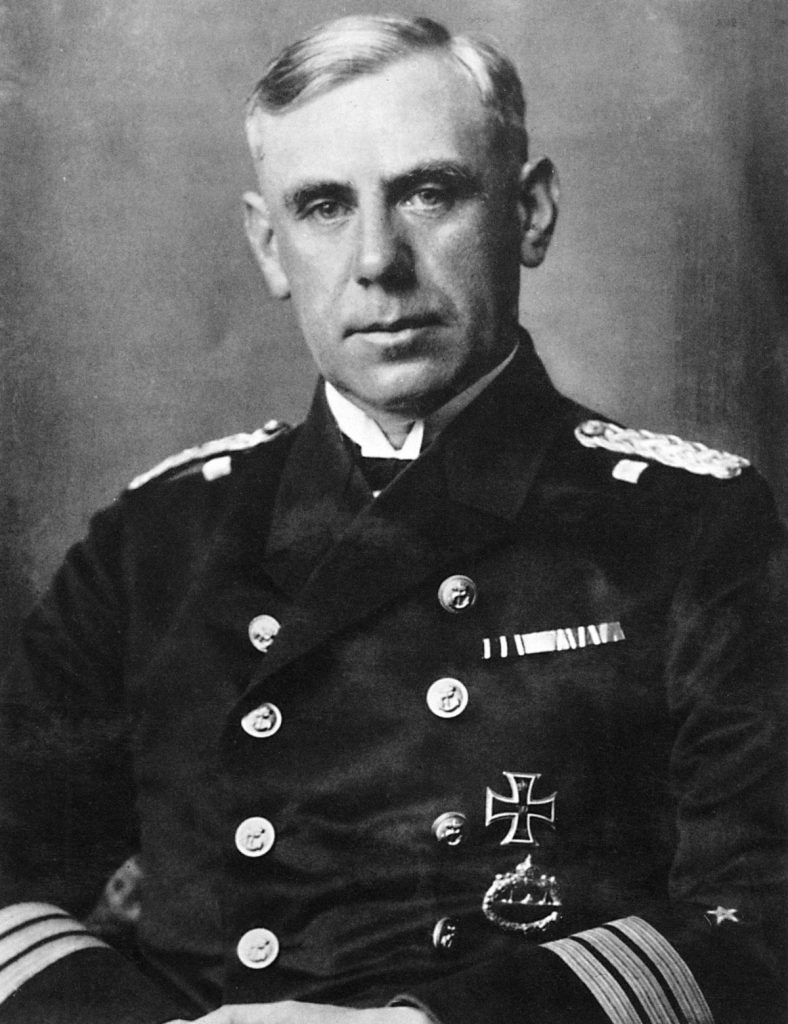
A final message from Canaris, tapped out in code to a fellow prisoner the night before he was killed, said: “I am dying for my country. I have a clear conscience. As an officer you will understand that I did no more than my patriotic duty in trying to oppose the criminal madness of Hitler, who was leading Germany to its ruin. It was in vain, as I know now that my country will go under, as I knew already in 1942.”
On April 9, 1945, Canaris was hanged with piano wire. His executioners took their time, not wanting to kill him but only, it was later said, to give “him a taste of death.” Sufficiently tortured for the final time, he was hanged again and his body burned.
Josef Mueller, a Vatican emissary who had been working with anti-Nazi parties within the Abwehr as a hopeful intermediary with the Allies, occupied the cell next to Canaris. Assuming his own execution was soon to occur, instead he had perhaps the more horrifying experience of watching as the ashes of his incinerated friends, Canaris among them, blew through his cell window and surrounded him in a swirl. Somehow he survived the war, but the ashes of so many had been betrayed.
Author Tim Miller is a first-time contributor to WWII History. He resides in Pittsburgh, Pennsylvania.
